‘The doors clap to, the pane is bright with showers.’ With ‘summer’ determined to do its worst, there is one obvious question. How were the English able to invent cricket and tennis? Apropos tennis, there is another obvious question. How long will Wimbledon remain mired in sexism? It has now been established beyond peradventure that women are at least as good as men at everything. Anyone who claims that those who were born female — an increasingly irrelevant criterion — are not as strong as men is likely to encounter the wrath of the criminal law. Quite right too: supposed free speech must not be allowed to trump common sense.
So how dare the Wimbledon authorities continue to have separate tournaments for — to use anachronistic language — gentlemen and ladies? There should be an immediate merger with, of course, everyone playing five sets. There might be some transitional concession to sexism. In the unlikely event of any females being knocked out in the early rounds, there could be a subsidiary tournament for pretty girls — no grunting — in frilly clothing. Obviously they would not expect much prize money.
The conjoint malice of climate and lockdown both demand escapism. What better form could that take than discovering new wine, made by a New Zealand couple, Keith and Rhonda Lloyd? Keith, an economist, used to work for the World Bank. At one stage, I had some dealings with that institution and found it simultaneously fascinating and frustrating. It was — and presumably still is — full of able people. About one third of them were, like Keith Lloyd, dedicated and diligent public servants who were determined to spread help and hope. But at least another third, also able, seemed equally determined to stop anything happening and constantly insisted that however good the idea, the time was not ripe. For some, it never would be.
When I saw a bit of the bank, its chairman was Jim Wolfensohn. Often inspirational, he could also be a nightmare. He was far too thin-skinned for his own good. The World Bank’s boss is bound to be shot at. The international left insists that the bank is an agent of capitalism, set on grinding down the world’s poor. American Republican congressmen are equally insistent: the bank is wasting US tax dollars to prop up corrupt left-wing regimes. A sensible chairman would be wryly amused by all that. He might agree with Mrs Malaprop that his foes were guilty of a nice derangement of epitaphs. But Wolfensohn, unable to bear criticism, would lose his temper and blame his staff. That was unworthy of him and the institution.
After his season of public duty, Lloyd privatised himself into fund management — and wine–making in Central Otago. I have only seen photographs of the winery, but I do not believe they lie. The landscape is beautiful. Imagine mountains and lakes comparable with the Scottish Highlands, but surrounded by a pastoral symphony of rich farmland and vines. Although it is not quite high enough, one is tempted to echo Zarathustra: 6,000 feet beyond man and time.
The Lloyds christened their winery Te Kano, the Maori for seed. They grow Chardonnay, Pinot Gris, Pinot Noirs from different vineyards including Bannockburn, and rosé. All were excellent, especially the Pinot Noirs. The bottles I tasted were young; drinkable now, they have immense promise.
The Lloyds regard themselves as enthusiastic novices and insist that Te Kano is still a work in progress. The progress is already impressive. They have won awards and there will be more to come. The Lloyds’ UK outlet is Davy’s, better known for wine bars but also an excellent old–fashioned wine merchant. Te Kano is a name to conjure with. The weather be damned; nunc est bibendum.
Got something to add? Join the discussion and comment below.
Get 10 issues for just $10
Subscribe to The Spectator Australia today for the next 10 magazine issues, plus full online access, for just $10.
You might disagree with half of it, but you’ll enjoy reading all of it. Try your first month for free, then just $2 a week for the remainder of your first year.


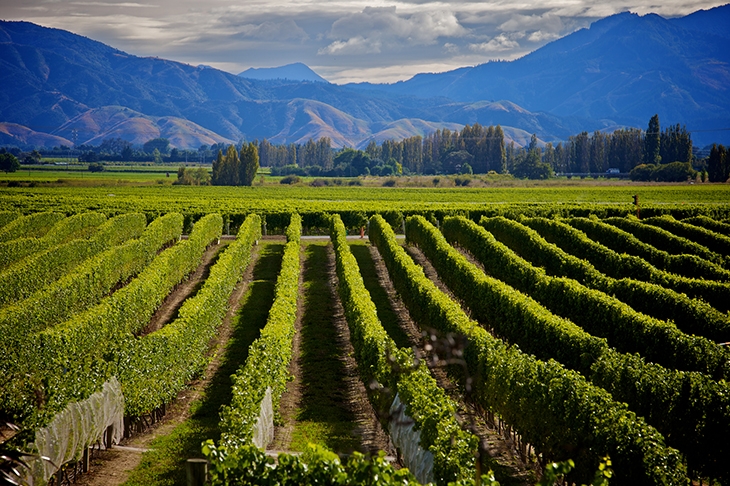
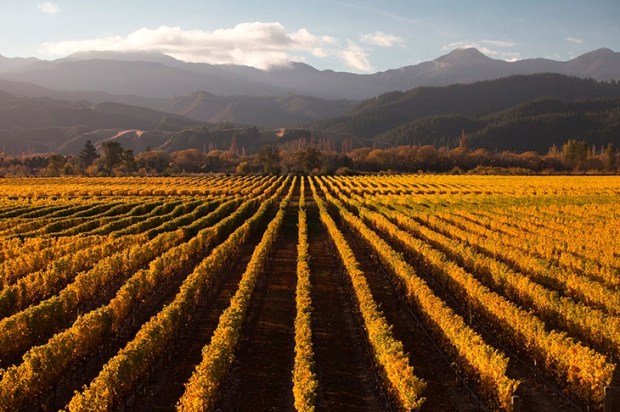
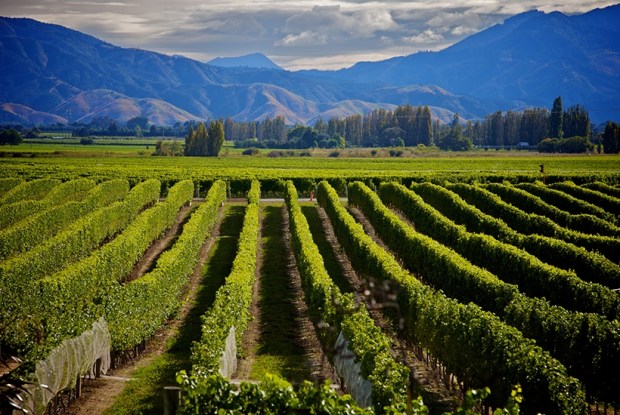
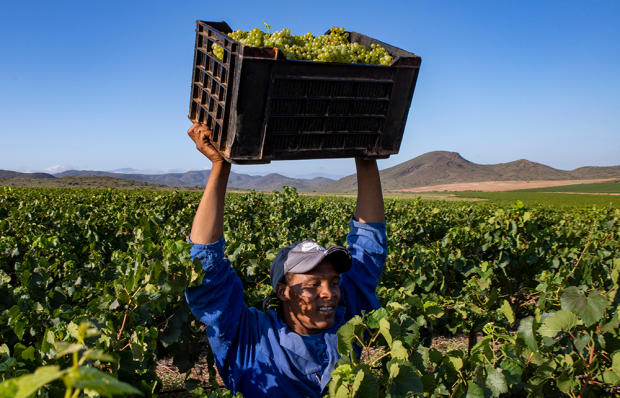


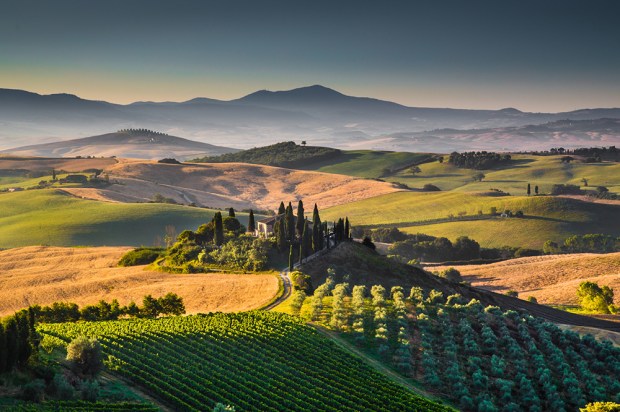






Comments
Don't miss out
Join the conversation with other Spectator Australia readers. Subscribe to leave a comment.
SUBSCRIBEAlready a subscriber? Log in